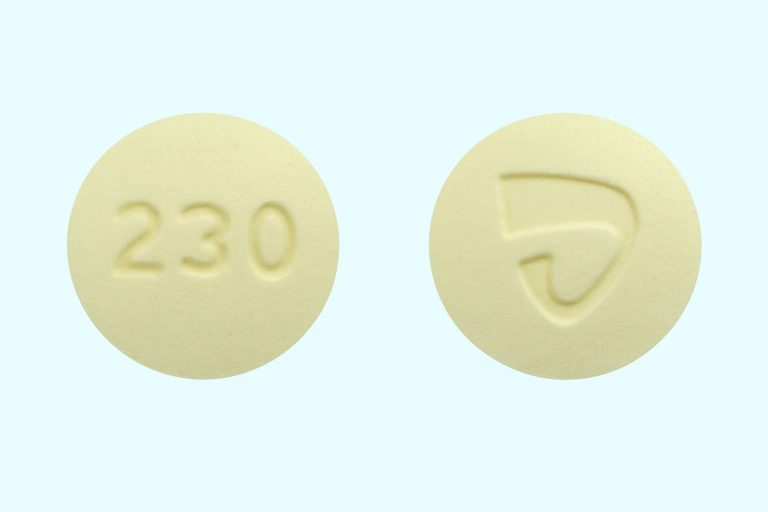Mindfulness practices have doubled in the last couple of years and rightfully so. If you’re someone that has entered recovery or is in the heart of your sobriety journey, mindfulness therapy can help you in the long run.
You might be wondering how mindfulness-based treatment can be essential as a part of addiction recovery? We’re here to share some insightful things with you that you never knew.
Get ready to find your center after finding out everything you need to know about mindfulness and addiction treatment.
What is Mindfulness?
Before you can begin looking into how mindfulness is beneficial in addiction recovery, it’s useful to know what it is. Buddha first introduced the practice of mindfulness.
The practice is used as a means of spiritual enlightenment and is now being practiced by many people globally. As you practice mindfulness, you’ll become more self-aware and find that you’re able to open your mind to a range of thoughts and feelings that you weren’t open to before.
As people have learned more about the benefits of practicing mindfulness its become apparent how useful it is when applied to addiction treatment. Below are the ways that mindfulness can help you maintain your sobriety.
Makes You Aware of Your Emotions
Many people who find themselves succumbing to addiction spend most of their time using various substances and alcohol to escape their feelings. There are several reasons that addicts choose to avoid their emotions. The first being because you don’t have to process and deal with them when you’re not able to feel them.
The first way that mindfulness aids in addiction treatment is it forces someone in recovery to accept the emotions that they’re feeling and truly come to terms with them. Mindfulness teaches you that even though the emotions you’re feeling aren’t comfortable in the moment, they will soon pass.
People in recovery have to get used to situations that make them uncomfortable. This includes learning to process them properly without turning to substance abuse.
Reduces Cycles of Depression and Anxiety
15.7 million people struggle with depression. When you add drugs and alcohol to the mix, it can increase the number of depression cycles a person endures. Mindfulness helps to change the way that the brain works and reacts to stress.
One thing that researchers have noticed is that stress triggers symptoms of depression and anxiety. But, practicing mindfulness can help you to relieve stress that affects you in your everyday life.
Being able to release this stress and not allow it to continue to build is essential in recovery. Why is stress reduction crucial in recovery, you might be wondering?
For some people, stress is a trigger. It’s a trigger that can cause a relapse. But when you’re equipped with the tools to reduce and handle it, the likelihood of relapsing is drastically reduced.
Teaches You To Respond Before Reacting
How many times has someone done something that you didn’t like, and before you knew what was happening, you’d acted upon your feelings? When you act without taking the time to assess what has happened, it can lead to consequences such as an arrest.
Practicing mindfulness teaches you to respond to situations with a calm mind before choosing how you’re going to react. Addiction is hard to beat. This is because the part of your brain that aids in decision-making becomes suppressed because of the substances that you’re using.
Instead of working your way through the decision-making process, you’re more prone to react first. Mindfulness will help to retrain your brain to work through the decision-making process.
Compassion is Key For You and Others
Compassion gives you the ability to connect with others in a way that you would never have imagined possible. Support is essential during the recovery process because it gives you a network that’s there to help you when you have feelings that could lead to a relapse.
Mindfulness can help you learn to extend compassion to others that are in recovery as well as yourself. You never know what someone else is going through, and a kind word or action can go farther than you think.
The same applies to yourself as a recovering addict; you spend so much time beating yourself up for things you’ve done. It’s time that you stop doing that and understand that you’re human and you deserve compassion and grace just as much as the next person.
Compassion allows you to view others’ situations and your own and approach things with an open mind instead of a judgmental one. Just because you and someone else have been in the same situation doesn’t mean that you will automatically approach them without passing judgment.
Mindfulness Therapy: Things You Need to Know In Recovery
Mindfulness therapy can become an essential part of addiction recovery. Understandably, you want a better understanding of how it can be useful for you before you try it.
Above, we mentioned that it could help you show compassion not to just yourself but to other addicts entering into recovery. Mindfulness also helps you learn to process the emotions you’ve been covering up for quite some time.
If you or someone you love is ready to take that next step and enter treatment, contact The Ohana. The meaning of Ohana can be interpreted as family, including friends.
Let our staff provide you with the support and treatment you need to get back the life you’ve been missing.













